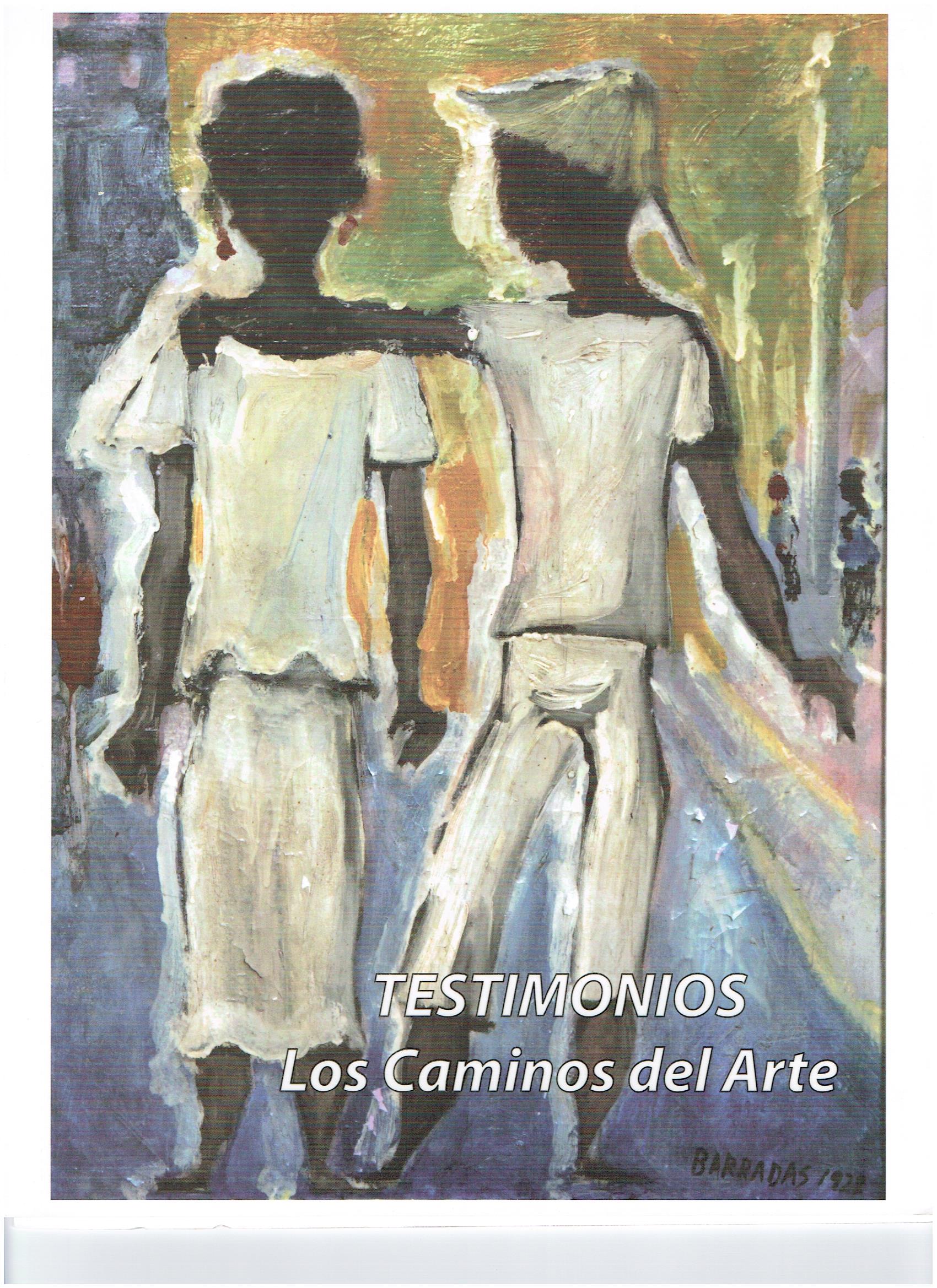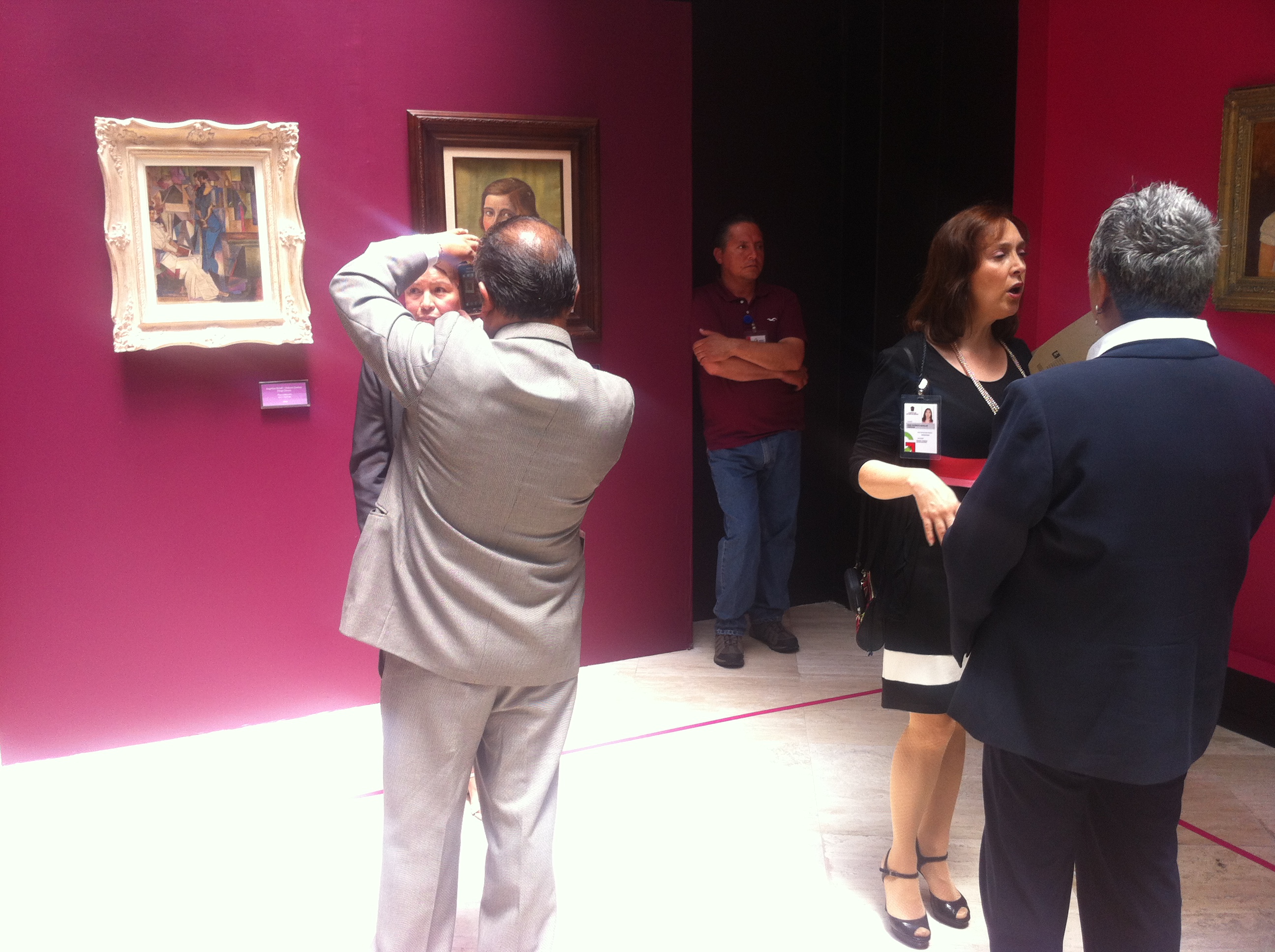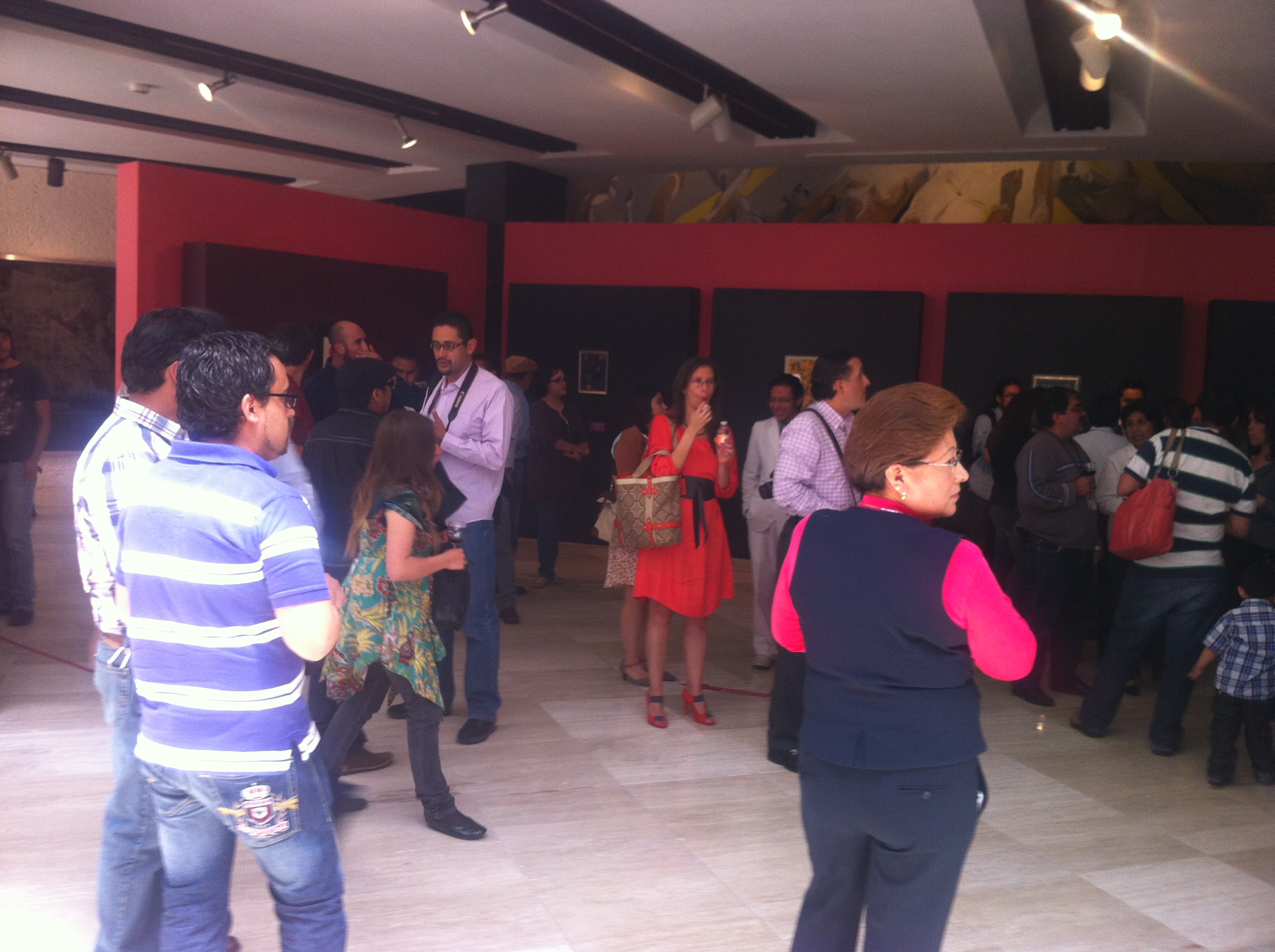As I am proposing it, the medieval everyday is “what we see” rather than “what we know”––it is made up of the sights, objects, and encounters of lived experience. This dissertation points to a way of thinking about the everyday that I trace from Latin and Old English riddles through to late medieval riddles and Chaucer’s dream vision poems. My approach is structured by two key claims. My first is that riddles seep into other literary genres through what I call ‘enigmatic structures’––passages of heightened uncertainty governed by riddling conventions. My second claim is that for my medieval authors and their readers, everyday wonders––wonders in lived experience––are often understood through enigmatic structures and vice versa. My chapters are about poets for whom the wondrous in the everyday was a shared concern as they debated the origins of wonder, teased out questions about their own poetics, and applied riddling techniques to philosophic and literary problems.



